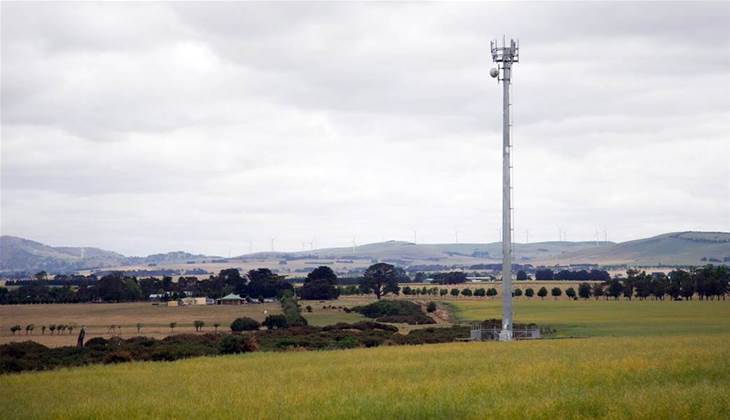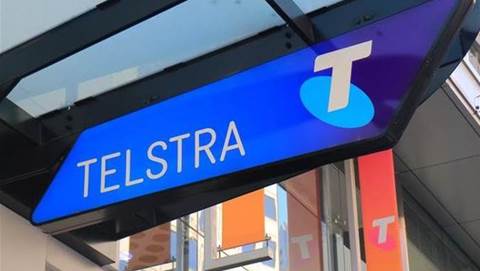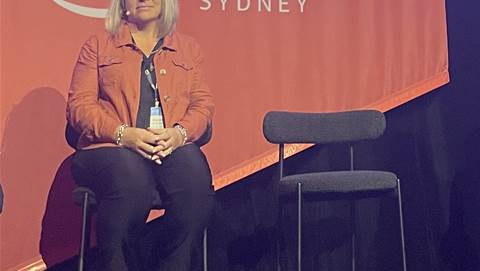NBN Co says there is “no strong basis” to make it pay penalties when its fixed wireless network fails to meet minimum busy hour speeds, in part because those speeds aren’t guaranteed.

The network builder was largely unimpressed with an Australian Competition and Consumer Commission (ACCC) proposal to make it pay when fixed wireless users were saddled with below-par speeds and performance.
When all users on a fixed wireless cell experience busy hour speeds of less than 6Mbps on a rolling 30-day average, a cell is officially classified as congested and joins the upgrade queue.
But the 6Mbps threshold is an internal capacity planning standard, used to drive NBN Co’s management of its fixed wireless assets.
As NBN Co said overnight [pdf], “it is not a committed information rate for services provided over the network”, and therefore not meeting it should not be considered cause for penalisation.
“The fixed wireless services currently sold by NBN Co are peak information rate services only,” the company said.
“NBN Co has made no representations in the [wholesale broadband agreement between it and retail service providers] about the busy hour performance of these services, and in our view, this does not form part of the declared service.
“NBN Co would have concerns if regulatory intervention to impose a rebate on this characteristic of the product’s performance amounted to an attempt to either re-price the existing product, or to change the nature of the product that has been declared.
“This would go beyond the scope of the terms and condition of supply of the service.”
NBN Co further argued that it had committed to spend $800 million on fixed wireless upgrades without being under pressure of a rebate.
It said this was evidence that it had the incentive to provide a performing network, and that it did not need the threat of financial penalties to coax it to act.
In any event, NBN Co argued that a fixed wireless rebate would pull money and effort from its network rollout and management activities.
“Such a rebate would artificially skew NBN Co’s funding of initiatives, potentially leading to lower net end user benefit and/or diversion of funds from NBN Co to other parties at a time when NBN Co is investing significantly in the network,” the company said.
“It would also divert resources into building and validating rebate systems rather than addressing fixed wireless network performance issues.”
NBN Co also said that, without transparency over the extent to which a rebate would be passed on to the end user rather than being absorbed by the retail service provider, that a rebate may not provide the end user with much to cheer about.
There was very little extra information in NBN Co’s latest submission to the ACCC’s wholesale service standards inquiry.
NBN Co largely re-trod old ground, arguing retail service providers didn’t have things so bad, and that there wasn’t any major problems in the NBN ecosystem that couldn’t be fixed through commercial negotiation, rather than regulatory intervention.





















